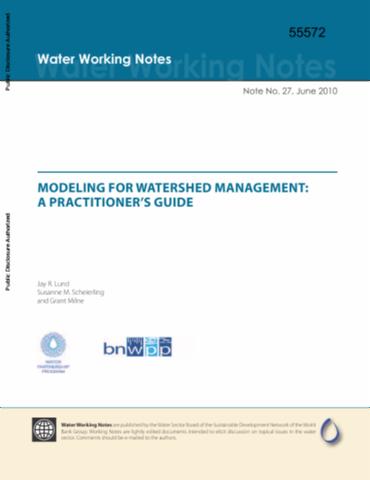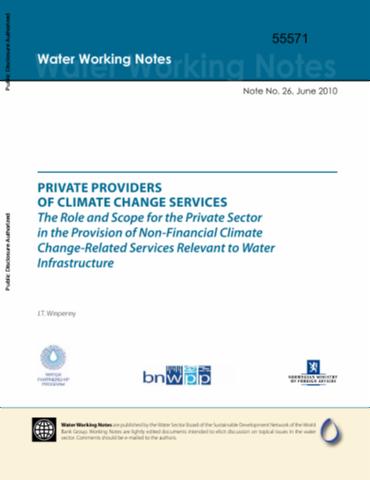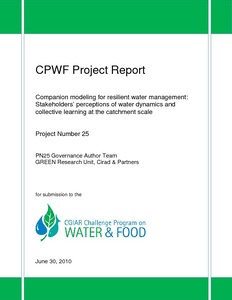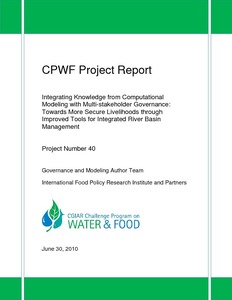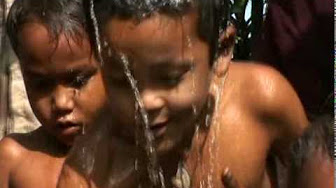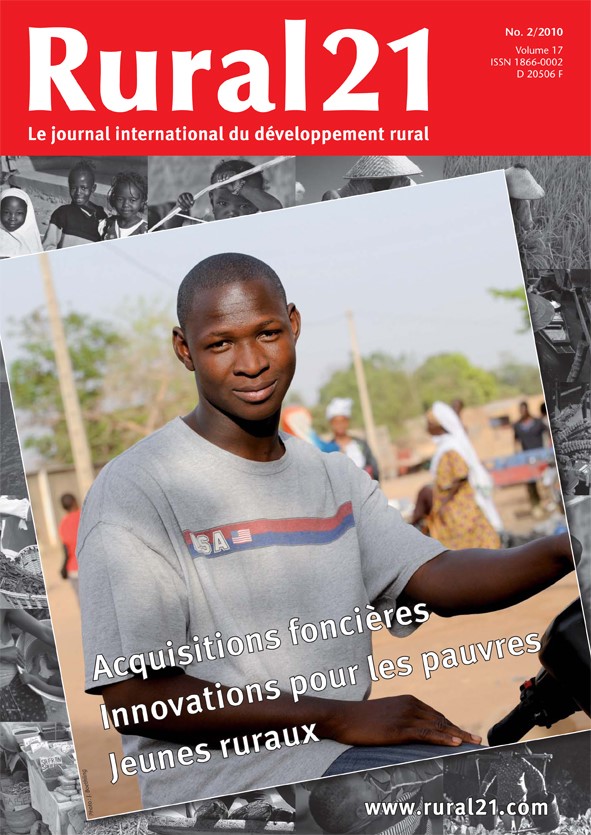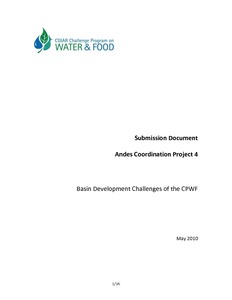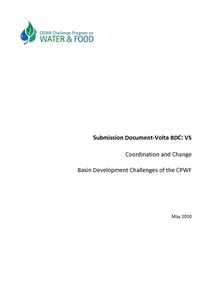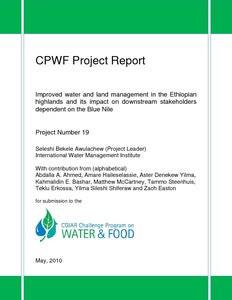Modeling for Watershed Management
Watershed management problems are usually quite diverse, and involve a wide range of biological, geological, chemical, and physical processes with complex human, social, and economic contexts. The working note seeks to show that computer modeling allows us to better organize, test, and refine our thinking about watershed management problems and potential solutions.

